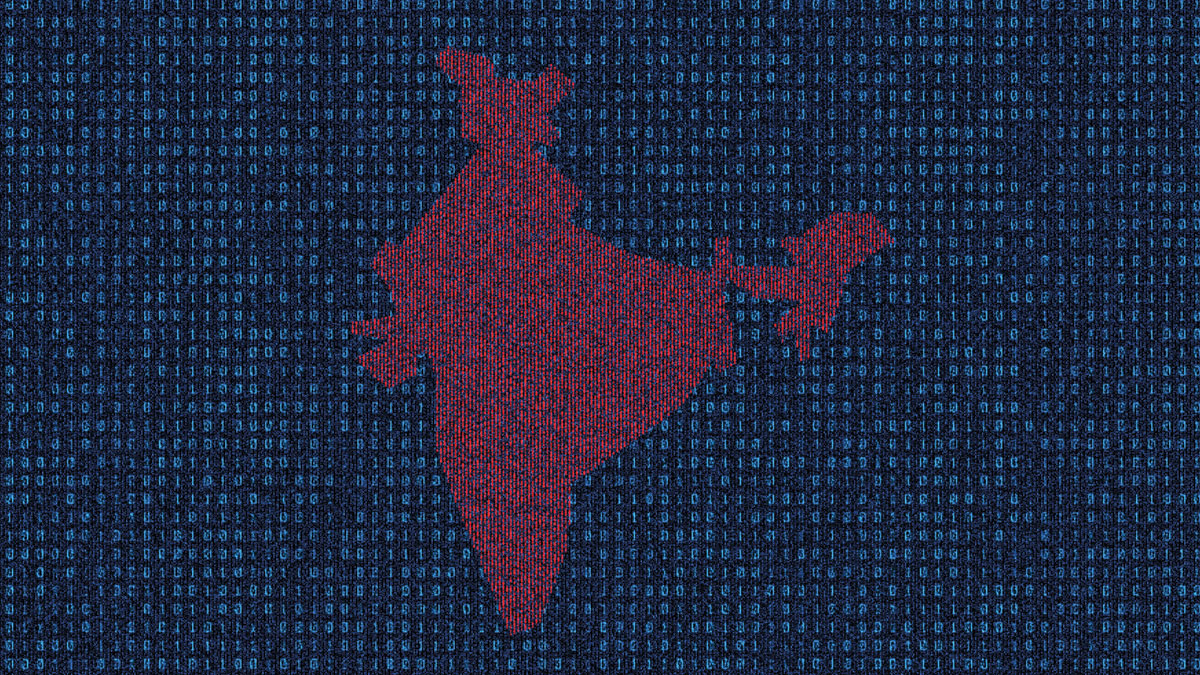Indian Cyberspace Security: Siliconeer Editorial September 2017
A powerful American Senate panel has recently recommended that Pentagon should closely work with New Delhi in the cyber security domain. India’s growing economy and digitalization are really a big concern as cyber attackers have now begun focusing on developing countries with big populations and average incomes.
Security is still seen in India as password centric without any strategic interventions to tackle vulnerability. It is viewed as just another layer to transact hassle-free without being embedded through design as an integral part of the system.
For most government departments, ‘Digital India’ means storing data in Excel files and uploading them on their websites for all to see or download in the name of transparency, writes Siddharth Srivastava.
Hurricane Harvey, the costliest natural disaster in U.S. history, may cost a whopping $160 billion in economic damages in Texas which resulted in massive destruction, killing 38 people and leaving tens of thousands homeless. Many Indian Americans, living in safer Texas neighborhoods, are helping many Houstonians still stuck by Hurricane Harvey by opening their homes and distributing fresh food, medical and essential needs, writes Seema Hakhu Kachru.
Normal life came to a standstill in many parts of Uttar Pradesh, Haryana, Punjab, Delhi and Rajasthan as the violent devout followers of the fifty-year-old “Godman” Baba Gurmeet Ram Rahim Singh Insan of Dera Sacha Sauda (a spiritual sect) plunged into arson and vandalism when a special court declared the preacher guilty of rape, writes Priyanka Bhardwaj.
Pakistan’s former dictator Pervez Musharraf was declared a fugitive, Aug. 31, by an anti-terrorism court and sentenced two senior police officers to 17 years in jail in the Benazir Bhutto murder case, nearly 10 years after her assassination, writes Sajjad Hussain.
Heavy rains have resulted in flooding for most of the Indian sub-continent and the situation is anywhere from bad to critical with hundreds of thousands of people taking shelter in relief camps. Google pitched in a million dollars, funding relief efforts organized by several non-profit organizations.
In 1997, an Indian-born businessman, haunted by the economic hardships and social inequality rampant throughout his motherland, founded a radical school to fight poverty. It was his dream from his days as an officer in the Indian army. While traveling throughout the nation, he observed that the poorest families were trapped in an unbreakable cycle; they were born into poverty and denied education and opportunity. And so, it would continue, for generations. That extraordinary businessman is my father, Dr. Abraham George and the school he founded is Shanti Bhavan, writes Ajit George.
Indians worldwide celebrated 71 years of Independence with the usual pomp and fervor. Silicon Valley was not to be left behind, with a week-long Festival of Globe celebrations. Vansh A. Gupta presents a photo essay.
In every 10 minutes, one cybercrime took place in the National Capital Region and over 22,782 such complaints had been lodged in the first six months of 2017, says a cybersecurity expert in Noida, near New Delhi.
San Francisco is the most recognized and favored destination of travelers around the world. It’s iconic nature and diversity is compelling to those looking beyond churches, museums and Pier 39. One of the City’s most seductive icons are the hundreds of murals that can be found in just about every corner, writes our travel editor Al Auger.


